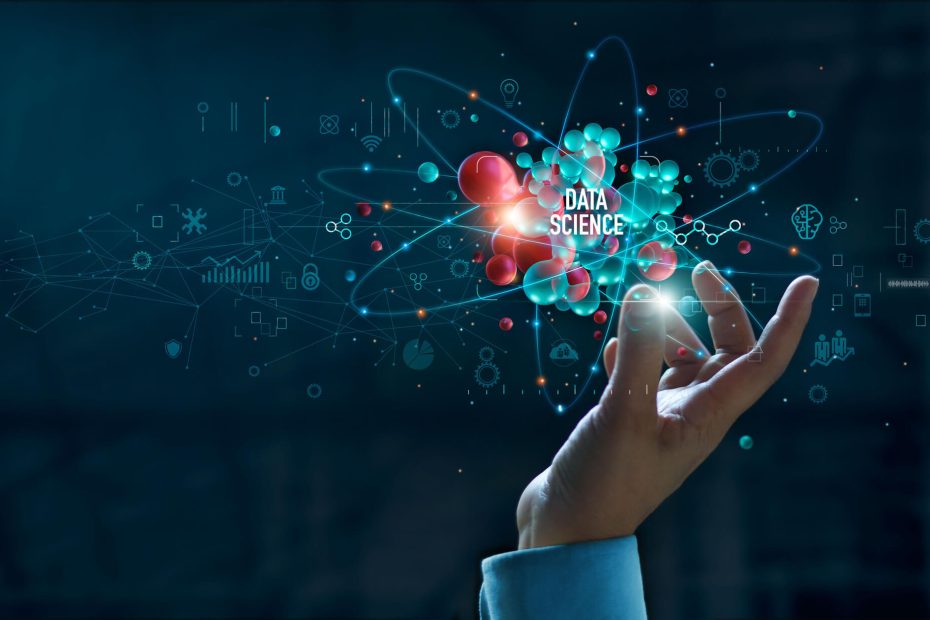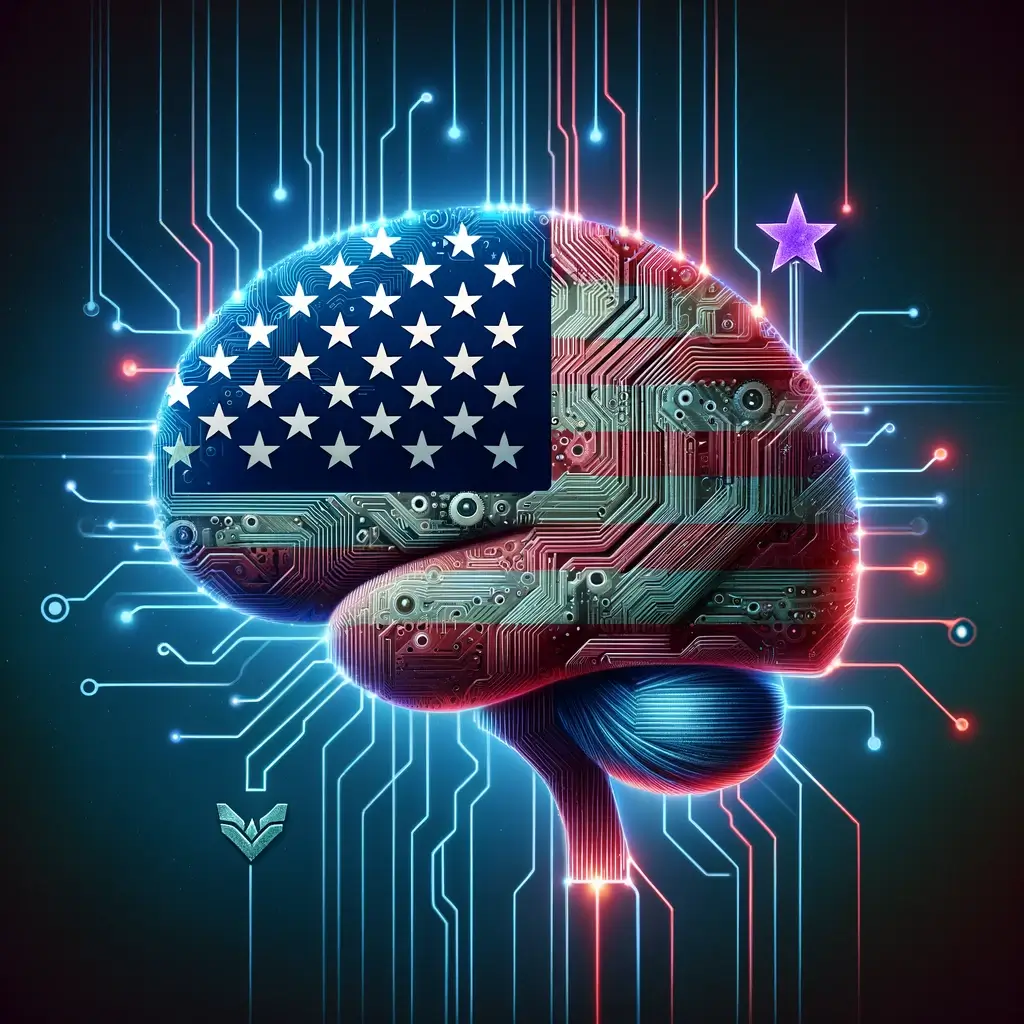In today’s data-driven world, government agencies face immense challenges when it comes to efficiently managing, analyzing, and leveraging vast volumes of information. Data Science Services have emerged as a transformative solution, offering government customers the tools they need to streamline operations, enhance decision-making, and optimize sales and marketing strategies. In this article, we’ll delve into the world of Data Science Services and how they can empower government agencies to harness the true potential of their data.
Understanding Data Science Services
Data Science Services encompass a wide range of techniques, tools, and methodologies designed to extract valuable insights from data. This field of expertise combines various disciplines, including statistics, computer science, and domain knowledge, to uncover hidden patterns, trends, and actionable intelligence within large and complex datasets.
Unlock the future of intelligent applications with our cutting-edge Generative AI integration services!
Why Data Science Services for Government Agencies?
Government agencies and Prime Contractors, by their very nature, generate and collect a vast amount of data daily. This data, if effectively analyzed and leveraged, can lead to more informed decision-making, efficient resource allocation, and improved service delivery. Data Science Services offer government customers several compelling advantages:
1. Enhanced Decision-Making: Data-driven insights enable government agencies to make more informed decisions based on empirical evidence rather than intuition or guesswork. This is crucial for optimizing resource allocation, budgeting, and program planning.
- Efficient Resource Allocation: Data Science Services can help government agencies identify areas where resources can be allocated more efficiently, reducing waste and maximizing the impact of taxpayer dollars.
- Predictive Analytics: Government customers can leverage predictive analytics to forecast trends, identify potential issues before they escalate, and proactively address challenges.
- Targeted Marketing: In the realm of sales and marketing, Data Science Services can help government agencies segment their audience, personalize marketing campaigns, and optimize outreach efforts for maximum impact.
- Compliance and Risk Mitigation: Data analysis can uncover irregularities or compliance issues, allowing government agencies to take proactive measures to mitigate risk and ensure adherence to regulations.
- Public Engagement: Government agencies can use data insights to better understand citizen needs and preferences, leading to improved public engagement and trust.
-
 GSA SIN 54151HACS Principal Security Architect$153.15 / Per Hour
GSA SIN 54151HACS Principal Security Architect$153.15 / Per Hour -
 GSA SIN 54151S IT Consultant$81.12 / Per Hour
GSA SIN 54151S IT Consultant$81.12 / Per Hour -
 GSA SIN 518210C Cloud Senior Microservices Consultant$129.41 / Per Hour
GSA SIN 518210C Cloud Senior Microservices Consultant$129.41 / Per Hour
Applications of Data Science Services in Government Operations
- Customer Segmentation: Government agencies can use data analytics to segment their audience based on demographics, behaviors, and preferences. This enables highly targeted marketing campaigns that resonate with specific segments.
- Behavioral Analysis: Data Science Services can analyze the behavior of government customers to identify patterns and trends. This information helps agencies tailor their sales and marketing strategies to align with customer expectations.
- Performance Analysis: Agencies can assess the performance of their sales and marketing initiatives using data analytics. By tracking key performance indicators (KPIs), they can fine-tune strategies for better results.
- Resource Optimization: Data-driven insights can reveal opportunities for resource optimization, allowing government agencies to allocate budgets more effectively and maximize returns on investment.
- Predictive Modeling: Predictive analytics can help government customers anticipate future trends and needs, enabling proactive rather than reactive decision-making.
- Fraud Detection: In sales and procurement, data analysis can help detect and prevent fraudulent activities, ensuring transparency and compliance with regulations.
Challenges and Considerations
While Data Science Services offer immense potential, government agencies must also address certain challenges and considerations:
- Data Privacy: Government agencies handle sensitive information, so ensuring data privacy and security is paramount.
- Data Quality: The accuracy and completeness of data are essential for meaningful analysis. Agencies must invest in data quality assurance processes.
- Talent and Expertise: Building an in-house data science team or partnering with external experts requires careful planning and investment.
- Data Integration: Data often resides in various silos within an organization. Integration challenges must be addressed to ensure a holistic view of data.
Conclusion for Data Science Services from CCT
Data Science Services represent a paradigm shift in how government agencies approach data analytics on the cloud. By harnessing the power of data analytics, these agencies can unlock valuable insights, optimize operations, and enhance their engagement with citizens. In an era where information is a valuable currency, Data Science Services provide government customers with a competitive advantage.
As government agencies continue to navigate the complex landscape of public service, they must leverage every available tool to streamline operations and improve the services they provide to citizens. Data Science Services offer a path forward, enabling government agencies to make data-driven decisions, allocate resources more efficiently, and deliver more personalized and effective sales and marketing efforts.
In summary, Data analytics are not just a technological innovation; they are a strategic imperative for government agencies looking to thrive in the digital age. By investing in these services, government customers can harness the full potential of their data, ultimately leading to more informed decisions, enhanced citizen engagement, and a more efficient and effective government.
Further information about AI Scientist Dr. Alan F. Castillo.

